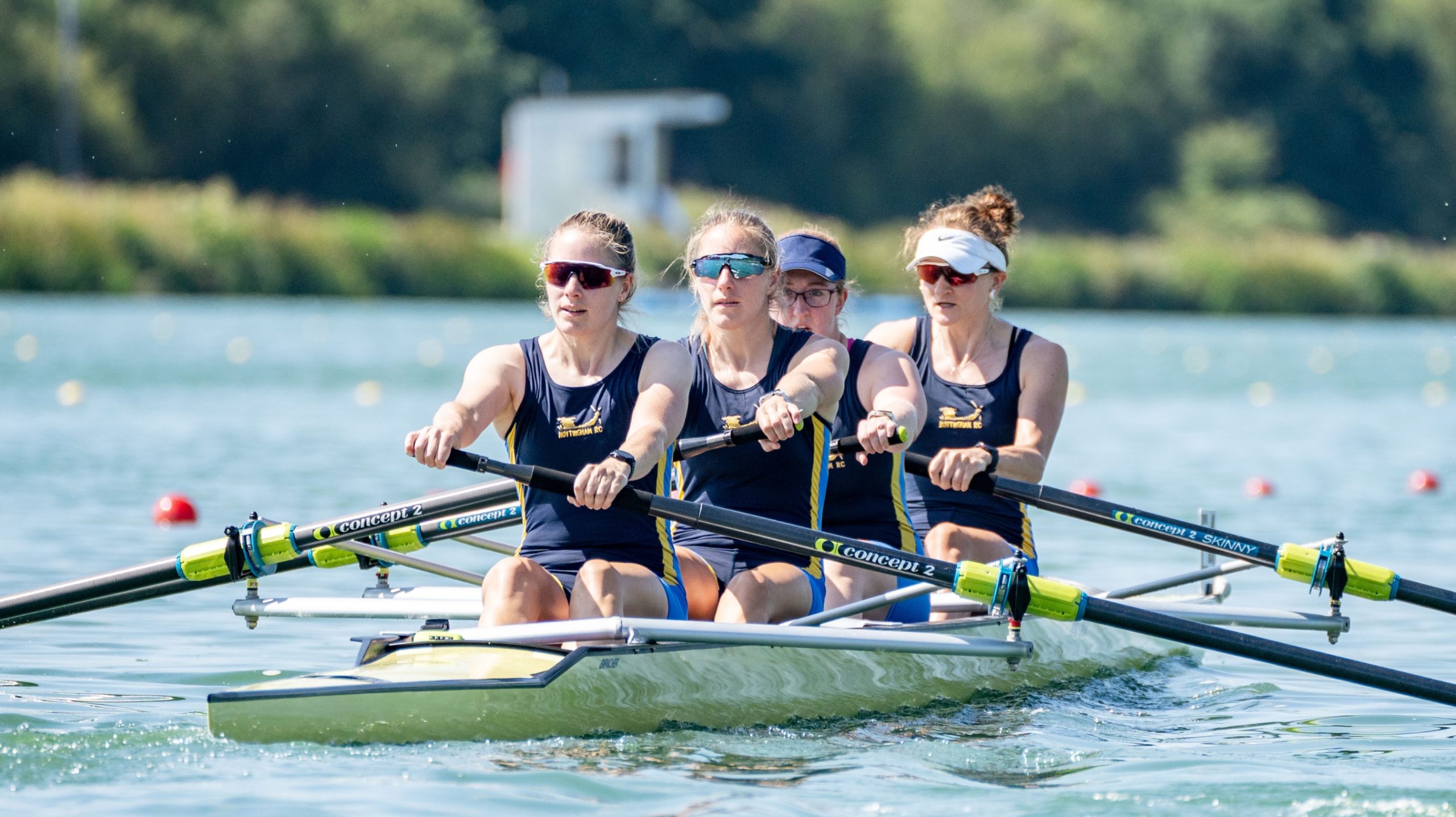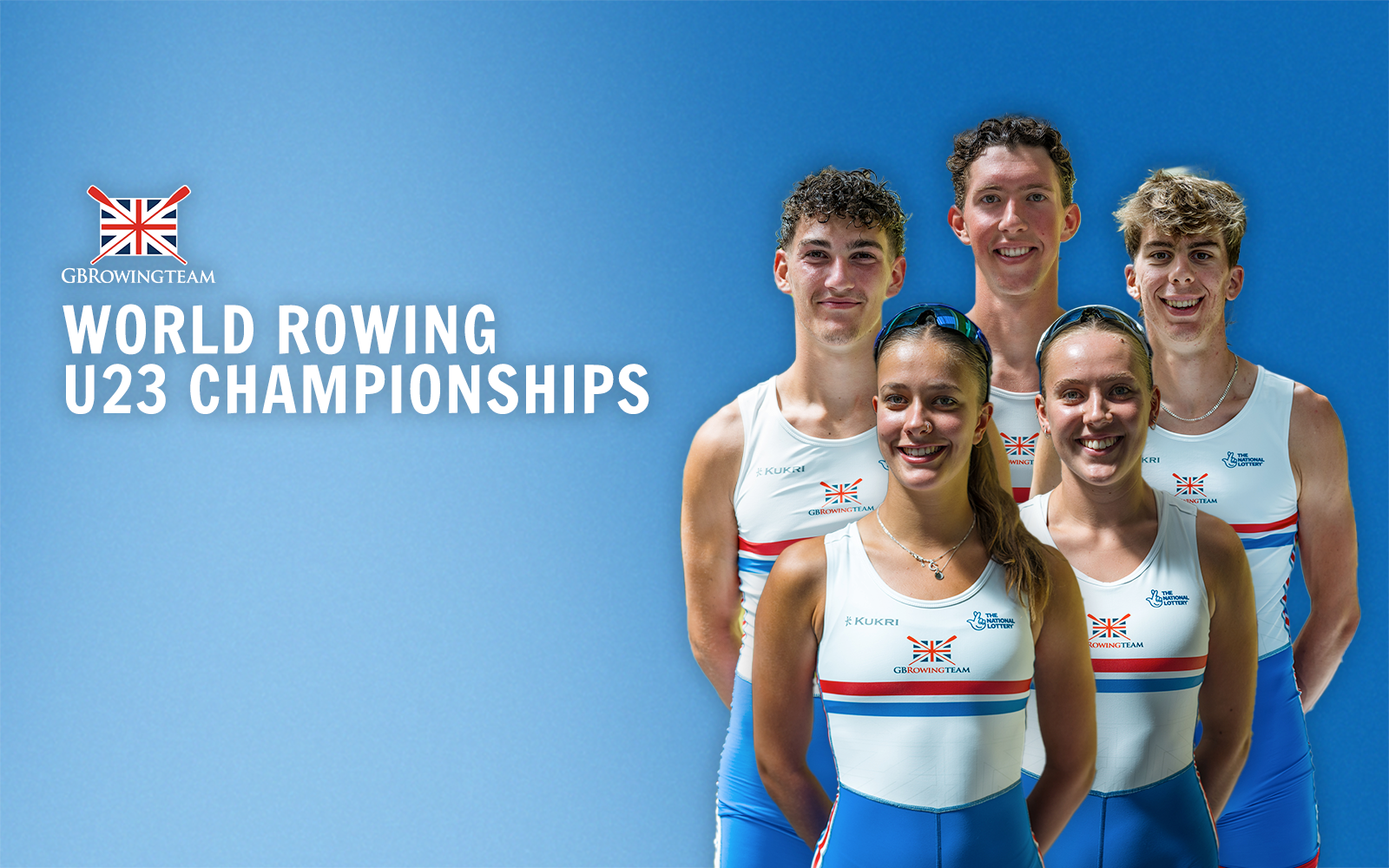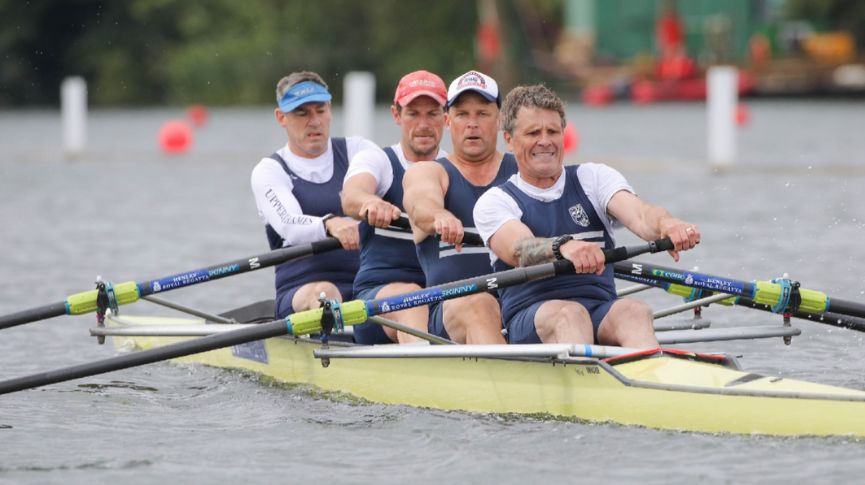Do supplements have a role in rowing?
There are many supplement products out there that claim to improve your image, health and fitness; but have you considered the material that puts those claims to the test?

Supplements are products containing ingredients such as vitamins, minerals, amino acids and herbs or other botanical ingredients, and come in forms such as capsules, powders, liquids or gels.
The IOC definition of a dietary supplement
A food, food component, nutrient or non-food compound that is purposefully ingested in addition to the habitually consumed diet with the aim of achieving a specific health and/or performance benefit.
In the early 20th Century, vitamins were created to resolve nutritional deficiencies combating conditions such as scurvy, rickets and anaemia. Fast forward to today and whilst some supplements are still intended to address dietary deficiencies, there are also others which are used to achieve nutritional demands more quickly, and easily. There are some well researched supplements for example buffering agents, nitrates, caffeine and creatine to name a few, that may have a performance benefit. However, these are only suitable for the highly trained senior squad level athletes who have a good training history, well-tuned diet and are looking for that extra 1%. For younger less experienced athletes it’s about getting the basics right first (good diet & training accumulation, recovery, sleep) as this is where the biggest gains are to be found.
The growing concern is use of supplements by young people who feel under pressure to look a certain way or aspire to emulate their role models. British Rowing’s Supplement Policy sets out that no junior should be using supplements, and this is for a good reason. Young people should take the time to understand what is in their food, how to balance their diet appropriately and implement the basics of good nutrition. They should avoid resorting to shortcuts without understanding the implications and try low risk alternatives instead (good diet, well-rehearsed recovery strategies and optimising sleep and training).
Find a sports nutritionist!
To find a suitable trained and qualified sports nutritionist visit the Sport and Exercise Nutrition Register (SENr) website.
The World Anti-Doping Agency produces a Prohibited List every year which outlines substances and methods that are banned in sport. If a rower is found to have any of these substances in their system during competition (and in some cases outside of competition as well) they will face serious repercussions.
The problem is that supplements are not regulated in the same way as medicines, or foods. During the manufacturing of a supplement there are risks of contamination of a prohibited substance, or some less reputable companies may add prohibited substances to their products but exclude them from the ingredients label. You can read more about the risks of supplements and how to reduce them on our Clean Sport webpage, however here are a few key messages:
- All rowers should Assess the Need, Assess the Risk and Asses the Consequences.
- Has the rower consulted a doctor or nutritionist to identify nutritional deficiencies/inadequacies and whether these can be addressed through changes to lifestyle?
- Are there other means by which performance gains can be made through the training program and appropriate timing and composition of food intake?
- Has the rower carried out research to reduce the risk of their supplement containing a prohibited substance? Is the product’s batch number listed on www.informed-sport.com?
- Be aware there is no guarantee any supplement including vitamins, minerals and herbal remedies are free from banned or harmful substances even if it is listed on Informed-Sport.
Contact us
If you need more support or guidance and you can’t find it on our web pages or in our RowHow portal, then contact [email protected] where we can provide you with further advice.
We must be cautious as a governing body of sport to ensure the advice we provide leaves no room for misinterpretation; however, it would be remiss of us not to address our own partnerships with supplement providers. The advice we provide to ‘assess the need, risk and consequences’ is very firmly upheld within the GB Rowing Team who have access to world-class experts, nutritionists and doctors who are on hand to identify deficiencies. There is no doubt they are maximising every possible area of lifestyle, training and diet. For some, however, they may need additional nutrients or have reached a threshold where they may benefit from the well-researched supplements mentioned previously. This is where the support of supplement partnerships helps our athletes to get access to vigorously screened, sometimes bespoke, supplements to provide what they need. This is supplementation as a well-considered strategy, rather than as a shortcut.
As an organisation, this means it can be quite difficult to ensure the message of being well informed and doing your research gets across. So, it is our hope that through information in articles like this you can pass the messages on – ‘Do you actually know what is in your supplement?’ ‘Have you done the research?’ ‘Don’t just assume that because someone you know, or your role model is using a supplement, means that you don’t need to do your own homework.’







